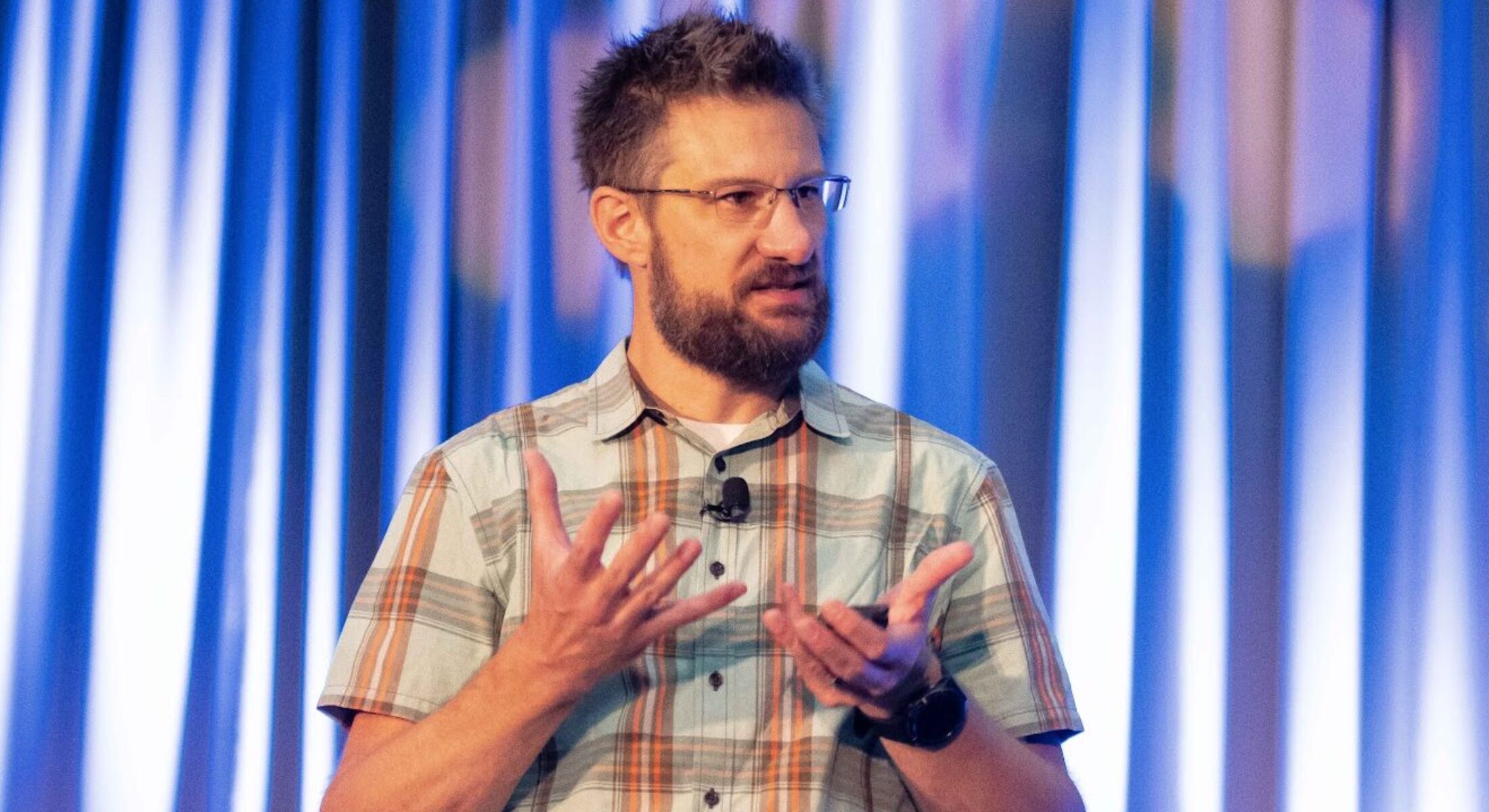Greg Keller Becomes An Endeavor Entrepreneur

- As you officially become an Endeavor Entrepreneur, what are your expectations regarding learning and the insights you plan to impart to fellow entrepreneurs?
KELLER: To me, this whole experience and participation as an Endeavor Entrepreneur is about empathy. I’m excited to learn and empathize with the challenges fellow entrepreneurs have, but more profoundly, about how they overcome these challenges in regions which historically did not have the ‘embarrassment of riches’ known to the US and Europe. I want to provide the lessons I’ve learned in working on nascent ideas over a 30 year career and turning those ideas into sustainable businesses. I’d also like to ensure I can do my part in helping clear the landmines that are typically tripped by fast moving entrepreneurs, and ensure they are focused on the big problems they need to conquer.
- Rajat became an Endeavor Entrepreneur in August 2021. How has the Endeavor ecosystem proven advantageous to JumpCloud?
KELLER: It was pretty immediate when Rajat started to tap into this vast network of entrepreneurs and amazing companies who in large part are going to be the next ‘enterprises’. Beyond the exposure of our brand to these highly progressive companies, the more visceral experiences were learning the nuances of these new regions and economies. The world of enterprise software sales has set what was thought as an indelible pattern over the last 40 years and the major territories were the main focal points: US, EMA and JPAC (and in that order). These regions are different. Africa. The Middle East. Southeast Asia. So many new business to sell in to …and inversely they are looking for new ways to optimize their business whether its software solutions, business models, or partnering relationships. In short, it has been eye opening.
- As a founding member of JumpCloud, what do you perceive as the most daunting challenge for founders as they navigate the “scale-up” phase?
KELLER: I could say something pithy like ‘ensure you think about the future architecture of your Salesforce instance’ but I’ll save that one for a rainy day. In reality, founders must really embrace and appreciate the people they have had on the journey to date, and contrast them for the journey that lies ahead. Scaling up in the post product/market fit period is a special time. Same applies to pre-IPO. It is a time where a lot of the business and its processes start to demonstrate friction. Some of that friction can relate to the experiences of the folks who have taken the idea and business to the edges of those major milestones. It will require deep introspection and examination of who is on the journey and assess if they can be managed to carry the significant weight of the new needs which lie ahead. I’ve seen many entrepreneurs struggle here for all the right reasons. It’s about people and that is always very hard.
- Having witnessed the rapid evolution of the Colorado ecosystem during your two-decade residency, where do you identify the prime areas of opportunity for aspiring founders?
KELLER: In the early 2000’s, the Colorado tech scene, particularly the Denver/Boulder corridor, was showing its potential. Colorado Springs and South Denver (DTC) had always been a bed for technology startups, but the level of funding available as compared to the coasts was an extremely limiting factor. The talent in the US followed the money trail to the Bay Area or the Boston/NYC corridor so to speak. Firms like Mobius and eventually Foundry Group along with the Techstars accelerator movement helped legitimize Colorado in many ways for technology-based companies. But the future does look different. The US-based talent is everywhere now. COVID-19 activated that distribution of talent. For that matter, exceptional talent can be found globally and in regions no one a decade ago would have taken seriously. Launching a company in Colorado has incredible advantages versus other US regions, but as these companies truly take flight and begin to scale up, the need for talent outside these borders will come into stark focus.
- With your track record of success across multiple companies, what invaluable advice would you offer to budding entrepreneurs?
KELLER: Re-reading the question posed to me here, I kept focusing on the word ‘success.’ Success in my brain really have been about the learnings. Not all home runs for sure but absolutely incredible experiences that helped me on my journey. So in that way, I feel hugely successful and lucky to have had the opportunity to win, to fail and to learn. The advice: talk to your co-founder and be vulnerable. What you want may be incongruent with what they want. Many founders, especially young ones, may have mal-forned thoughts or lack of experience of what building something from the ground up is like, or what it requires. Many great ideas have been sullied by an incongruence of outcomes between founders. Get in front of it early, and honestly.
- How do you see JumpCloud utilizing and growing with the Endeavor network over the next few years?
KELLER: Admittedly we have a thriving relationship between Endeavor Entrepreneurs. Much of this was inspired by huge empathetic conversations between founders. It became obvious that geography and the set of conditions we all faced were the commonground. Getting employees to believe. Getting investors to believe. Getting customers to believe. Some things transcend all borders. We will continue to give back to Endeavor by telling our stories and helping our friends learn how to bypass the friction we experienced and had to solve for. We will benefit from Endeavor by having these trusted relationships validate us in their regions as friends and trusted allies first, and then by the value of what we have to offer them.